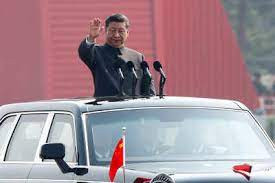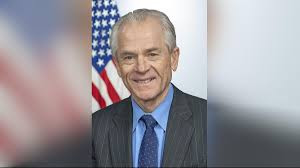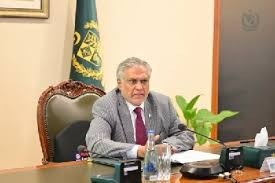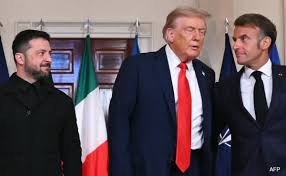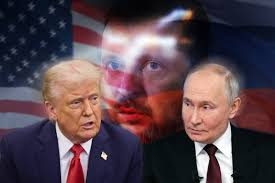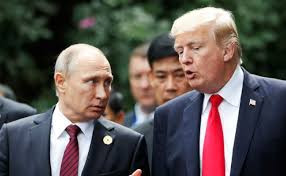U.S. to Revoke Visas of Chinese Students Linked to Communist Party and Sensitive Fields
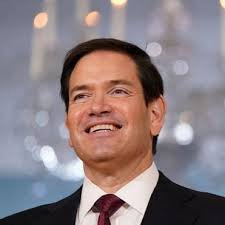
IIE DIGITAL DESK : The United States has announced plans to "aggressively revoke" visas for Chinese students affiliated with the Chinese Communist Party (CCP) or those studying in sensitive fields. Secretary of State Marco Rubio made the announcement on May 28, 2025, signaling a move that could impact thousands of Chinese nationals currently enrolled in U.S. educational institutions.
The policy targets students with direct or indirect ties to the CCP, as well as those engaged in disciplines deemed critical to national security, such as advanced engineering, artificial intelligence, and quantum computing. While specific criteria for visa revocation have not been detailed, the State Department, in coordination with the Department of Homeland Security, will also enhance scrutiny of future visa applications from China and Hong Kong.
This decision is part of a broader strategy by the Trump administration to address concerns over espionage and intellectual property theft. Officials have expressed apprehension that the Chinese government exploits academic openness for strategic gains. The move follows previous actions, including the suspension of new visa interviews for international students and the closure of Confucius Institutes across the U.S.
The announcement has elicited strong reactions from the Chinese student community and educational institutions. Some students have likened the policy to the historical Chinese Exclusion Act, expressing fears of discrimination and uncertainty about their academic futures. Universities, which rely heavily on international students for tuition revenue, are concerned about the potential financial and reputational impacts. Chinese students constitute a significant portion of the international student body in the U.S., with numbers declining from 370,000 in 2019 to 277,000 in 2024 due to various factors, including the pandemic and diplomatic tensions.
Critics argue that the policy could undermine scientific innovation and damage America's standing as a global leader in education. Mary Gallagher, dean of the Keough School of Global Affairs at Notre Dame University, cautioned that the broad criteria might inadvertently affect many students, given the pervasive influence of the CCP in Chinese educational institutions.
In response to the U.S. policy shift, Hong Kong authorities and universities are positioning themselves as alternative destinations for affected students, aiming to attract talent and counteract previous losses due to national security laws and the pandemic.
As the U.S. implements these measures, the international academic community watches closely, concerned about the implications for educational exchange, research collaboration, and the broader geopolitical landscape.
You might also like!



